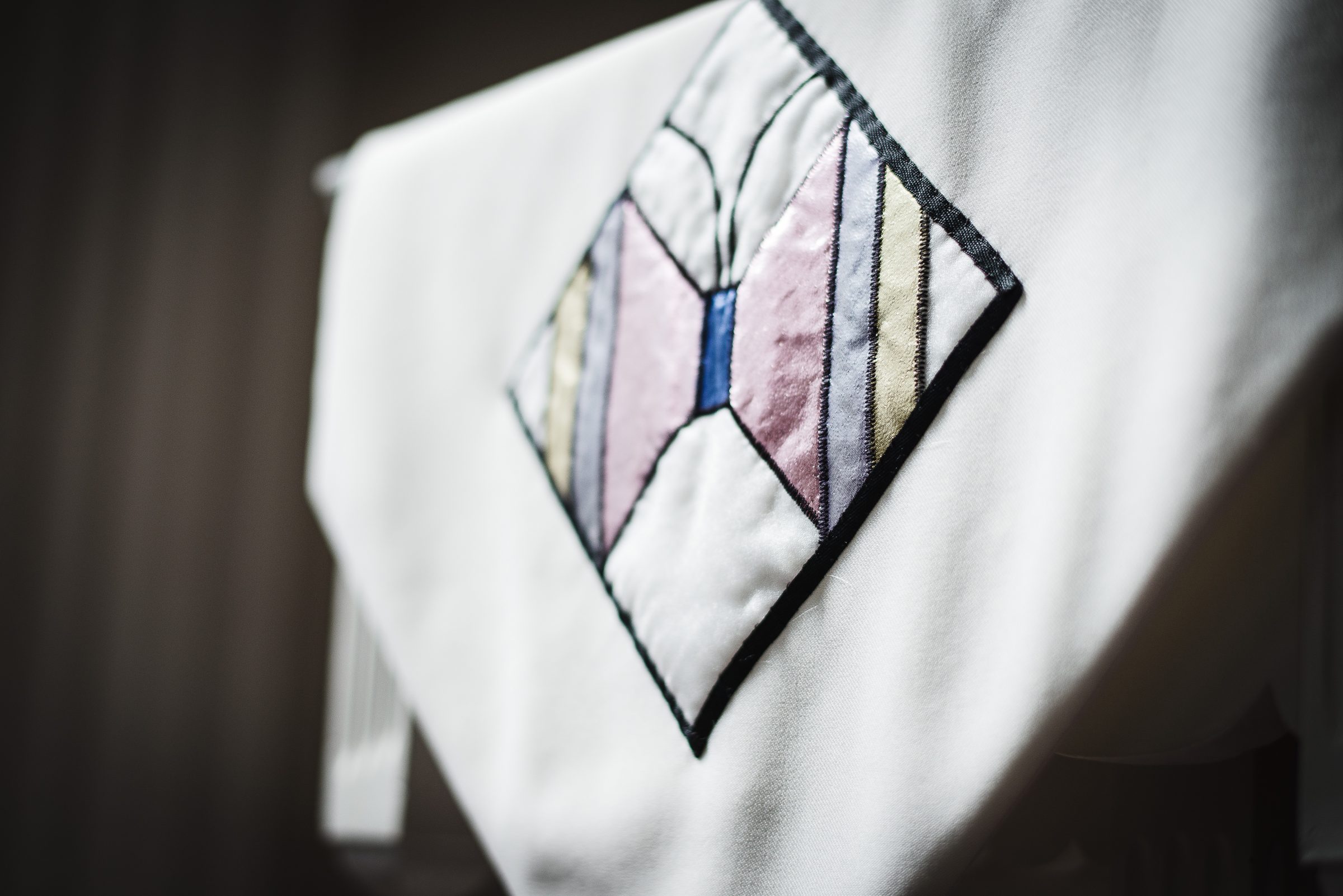Earn Your Master of Arts in Theological Studies
The master of arts in theological studies (MATS) is an academic-focused program intended for students who desire advanced study in the Bible, theology, and church history, but do not anticipate vocational ministry as a pastor or staff minister. MATS graduates often go on to pursue doctoral studies in a biblical or theological field leading to a career in academic scholarship. The program may also be a good choice for lay persons who desire greater theological knowledge in order to serve their local congregations.
Course Areas
As an MATS student, you’ll embark on intensive study of the Bible, Christian history, and theology, with focused study to help you become an expert in a major concentration area. This curriculum includes a prerequisite for Biblical languages if an Old or New Testament concentration area is selected.
Thesis
Completing a master’s thesis will help you develop advanced research skills. Working with a thesis director over the course of your second year, you will research and write a 60- to 90-page thesis, which may become a starting point for a doctoral program or dissertation. For valuable presentation, critique, and feedback practice, you’ll defend your thesis to a faculty committee before graduation.
Vocational Development
Faithful service to the gospel as a scholar, teacher, lay minister, or full-time pastor requires vocational development alongside academic preparation. From the moment you enter North Park Theological Seminary, you will be immersed in a community that values discerning identity and call through spiritual formation coursework, psychological testing, and practical experience.
Community Life
A true Seminary education goes far beyond the classroom. North Park Theological Seminary offers numerous opportunities, including on-campus housing, community events, and worship services, all within the world-class city of Chicago.
Study On Campus or Virtually
The MATS is completed in three years of full-time study. Distance students join their classmates on campus twice a year for in-person intensive classes and participate in classes virtually across fall and spring semesters. For this degree, students must have access to a theological library during their thesis writing (either in their home location or by relocating to Chicago for those months).Ìý
You May Also Be Interested In …
Master of Arts in Christian Formation


